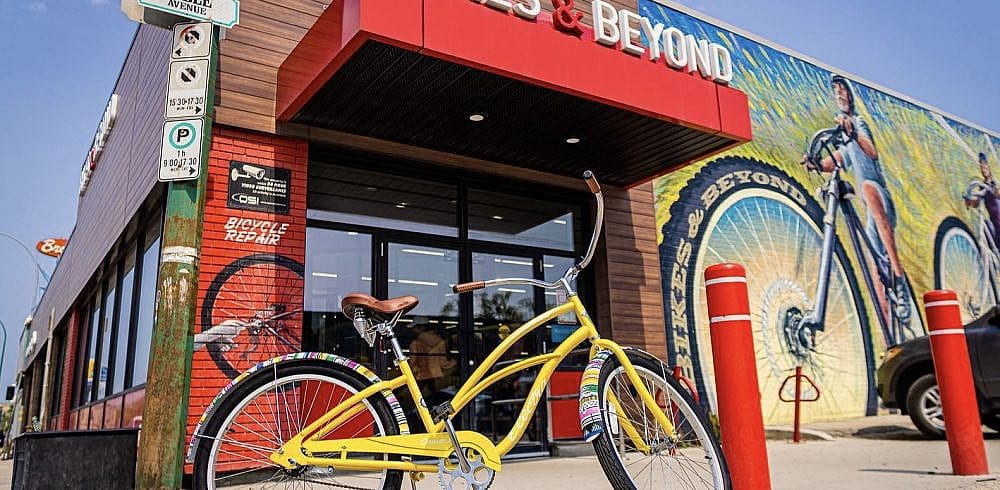The Fast Five comes directly from the desk of the Winnipeg Chamber’s Director of Policy Colin Fast, and highlights five policy items Winnipeg businesses should be aware of this month.
- The Province of Manitoba has extended its Back to Work in Manitoba Wage Subsidy Program until December 31. Through the program, private-sector and non-profit employers can receive up to a $5,000 wage subsidy per employee (maximum of 20 employees) hired since July 16. Employers are also now able to rehire students previously hired through the Manitoba Summer Student Recovery Jobs Program, Canada Summer Job Program and Green Team Program. The province confirmed new start-up companies are eligible, providing they have a business number. Read more.
- The City of Winnipeg has produced three different scenarios to forecast what impact the COVID-19 pandemic might have on civic finances. The three projections look at factors like when a vaccine might become available, whether we’ll experience a second wave of infections, and when borders may fully open for domestic and international travel. Currently the city is expecting a $700,000 shortfall in its 2020 operating budget, and a $29.1 million deficit in Winnipeg Transit operations. However, most or all of these losses may be offset by funding support from the federal and provincial governments. Read More.
- The Bank of Canada wants to hear how changes in the economy are impacting Canadians, and what they think about the Bank’s goal of maintaining low inflation targets. This feedback will inform the Bank’s current review of its monetary policy. The online survey will be available until October 1. Read More.
- The Canadian Chamber of Commerce has launched a new website, ThinkGrowth.ca, to collect ideas from Canadians on potential tax reforms that will help businesses and individuals recover from the economic impact of COVID-19. The site is part of the Canadian Chamber’s overall review of Canada’s tax system that is being led by a panel of eight special commissioners. Earlier this summer the commissioners held virtual consultations with a mix of business and economic experts from across the country. Read More.
- The latest Provincial Outlook from RBC Economics predicts Manitoba will experience the smallest GDP decline (-3.8%) this year of any province in Canada, largely due to less restrictive pandemic containment measures and sustained capital spending. RBC highlighted retail spending, job recovery and food exports as three areas where Manitoba has excelled relative to the rest of the country. Read More.
If you have any policy related questions please contact Colin Fast, Director of Policy, at [email protected]




